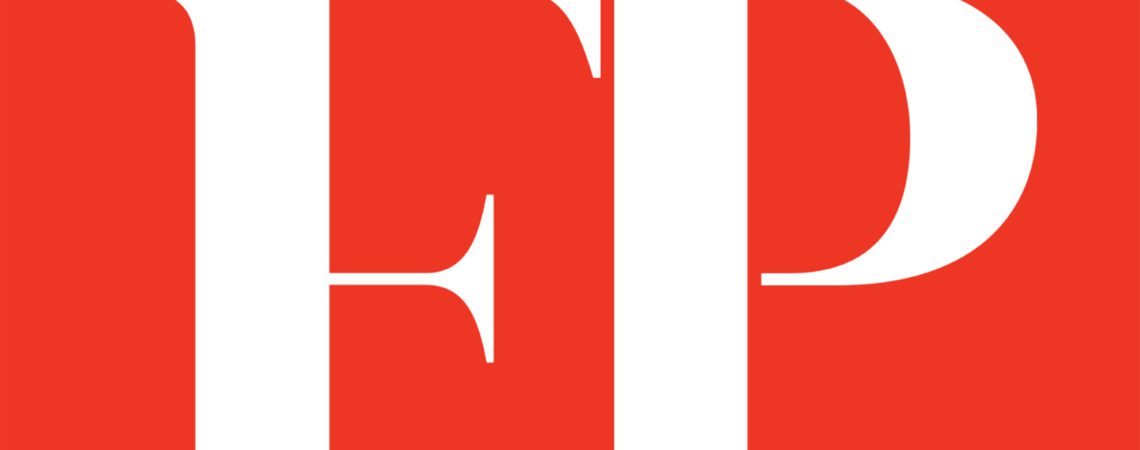With U.S.-China relations showing scant improvement, Taiwan may bolster its global standing.
The coronavirus pandemic, which has already infected more than 1.6 million people around the world, has transformed the value of basic medical supplies. In many countries, vital gear such as face masks, swabs, gloves, and gowns has dwindled to dangerous lows.
Countries are imposing export bans on personal protective equipment (PPE) precisely as governments are scrambling to import record numbers of the same items. International supply chains for medical supplies have never been so dysfunctional—and the countries that produce them have never been so powerful.
Taiwan—one of the world’s biggest suppliers of medical-grade masks and one of the few places to have successfully battled back COVID-19—is a case in point. It now has a rare opportunity to leverage this moment to make political gains against its long-running antagonist, China. Taipei will have to play its cards carefully, however—especially in Washington.
Taiwan, with a population of just 23 million people, is now the second-largest global producer of face masks after China. It produces 15 million masks each day, according to Taiwan’s economic affairs minister, Shen Jong-chin. As more factories join forces to churn out medical-grade masks, the government expects to raise production to 17 million masks a day by the end of the month. In March, Taipei relaxed an export ban on masks imposed on Jan. 24.
The United States, which now has the most coronavirus cases in the world, stands to benefit. Last month, Taiwanese Foreign Minister Joseph Wu pledged to donate 100,000 surgical face masks per week to the United States. The United States, in return, would agree to send 300,000 hazmat suits to Taiwan.
On April 1, Taiwan announced it would donate 10 million masks to the world’s neediest countries—this includes an additional 2 million masks to the United States in an expanded collaboration effort. The Ministry of Foreign Affairs this week handed 400,000 masks over to the United States for the month of April.
In recent weeks, Taiwan also shipped masks and PPE to its diplomatic allies, as well as hard-hit European countries such as Italy, Spain, France, the Netherlands, and the United Kingdom.
Already Taipei and Washington have mapped out areas of collaboration, including research and development of tests, vaccines, and medicines. They also expect to exchange expertise, cooperate on medical supplies and equipment, work on contact-tracing techniques and technology, and protective and preventative measures, according to a joint statement by the American Institute in Taiwan and the Ministry of Foreign Affairs.
The level of cooperation stands in stark contrast to that of the United States and China, which have traded some aid but made little progress on substantive scientific cooperation.
About $5 billion worth of medical goods were caught up in the trade war initiated by the Trump administration in July 2018, which at the time accounted for over a quarter of U.S. imports of those items. After Washington raised tariffs, the import of such products fell sharply by 16 percent, or nearly $200 million, between 2017 and 2019.
U.S. imports of these products from the rest of the world rose by 23 percent. The decrease in imports, in turn, has hampered the United States’ ability to contain the outbreak, according to Chad P. Brown, the Reginald Jones senior fellow at the Peterson Institute for International Economics. Low tariffs in general enable medical facilities and patients access to medical supplies at the highest quality and lowest price, Brown added.
Last month, the Trump administration quietly reduced tariffs on medical supplies from China. But such actions are likely too little too late.
To see the full article, click here.

